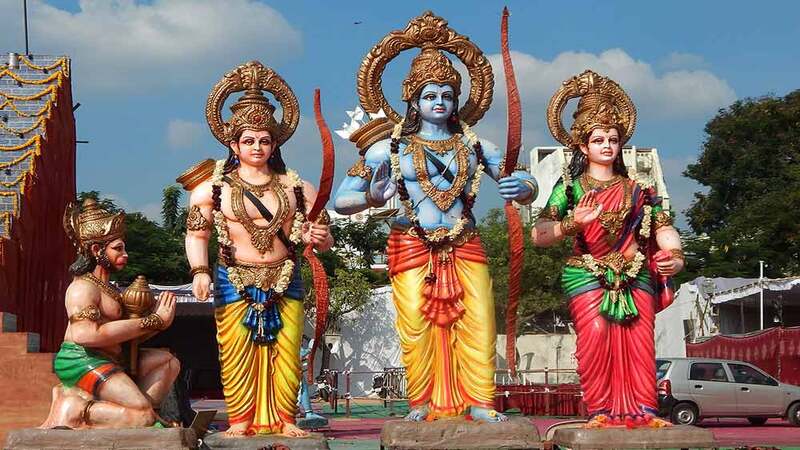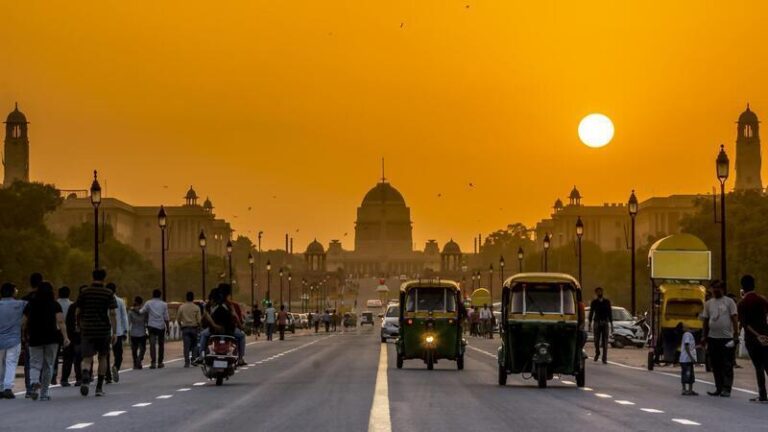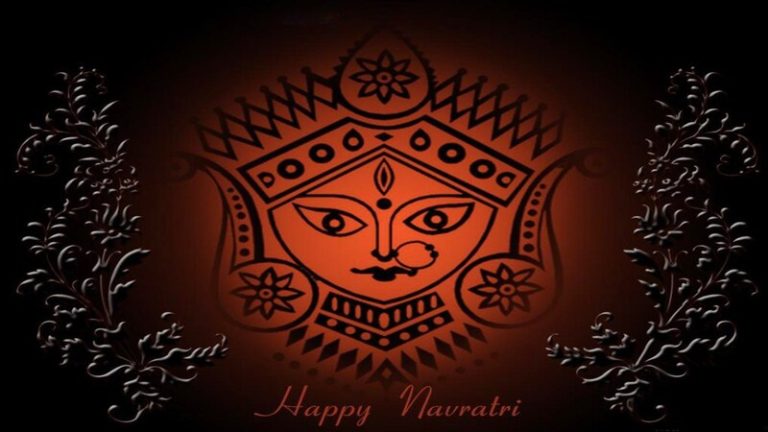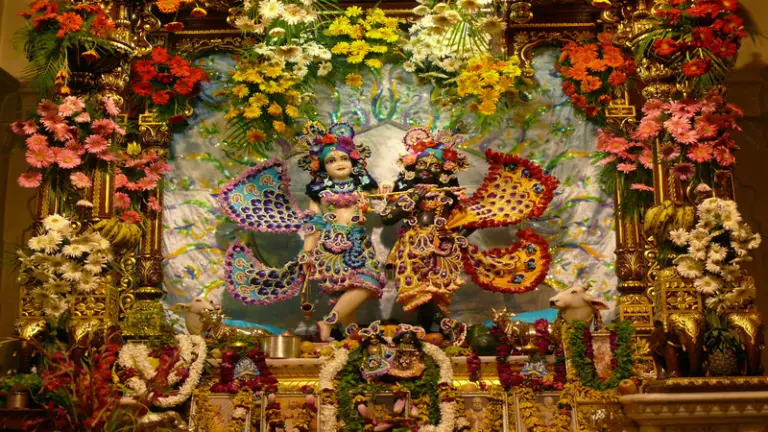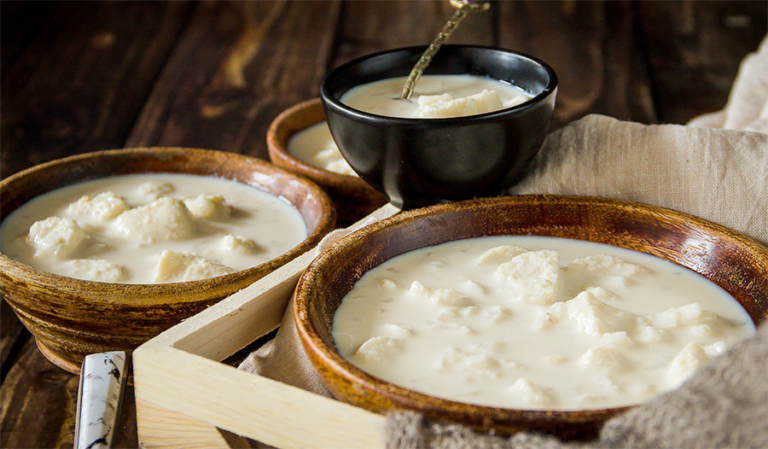Ram Navami is a Hindu festival celebrated every year on the ninth day of Chaitra month, which falls in the months of March or April. This year, Ram Navami will be celebrated on March 30, 2023. It is a significant festival for Hindus and marks the birth anniversary of Lord Rama. He was one of the most revered deities in Hinduism.
History and Significance of Ram Navami:
The festival of Ram Navami has its roots in the Hindu epic Ramayana. It narrates the story of Lord Rama, his life, and his teachings. Lord Rama is considered to be the seventh avatar (incarnation) of Lord Vishnu. His birth is believed to have taken place in the city of Ayodhya, in present-day Uttar Pradesh.
According to the legend, Lord Rama was born to King Dasharatha and Queen Kaushalya. His birth is said to have been a divine intervention in response to the prayers of the gods, who were suffering from the tyranny of the demon king Ravana. Lord Rama grew up to become a just and righteous king. He defeated Ravana and established the rule of dharma (righteousness) on earth.
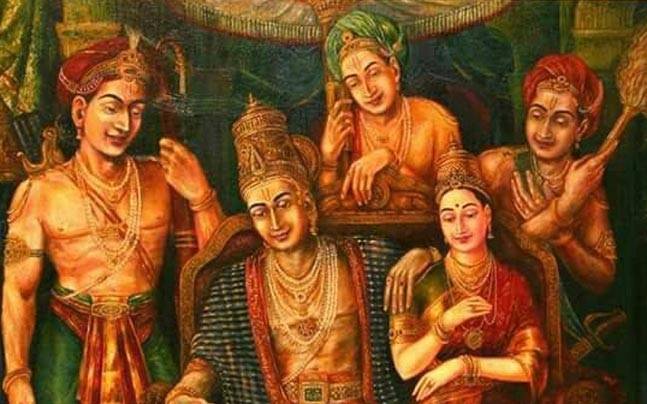
The festival of Ram Navami celebrates the life and teachings of Lord Rama. It is believed that Lord Rama’s life is a model for all human beings to follow. Also, his teachings provide a path to enlightenment and liberation. The festival is celebrated with great devotion and enthusiasm by Hindus all over the world.
Rituals The celebrations of Ram Navami typically begin with devotees taking a dip in holy rivers, such as the Ganges, and offering prayers to Lord Rama. They then visit temples dedicated to Lord Rama, where they offer prayers and perform aarti (worship with light). The temples are decorated with flowers, lights, and other decorations, and are filled with the fragrance of incense and the sound of devotional music.
Another ritual of Ram Navami:
Another popular ritual during Ram Navami is the recitation of the Ramayana, the epic that tells the story of Lord Rama. Many devotees also observe fasts and engage in meditation and other spiritual practices to mark the occasion.
In some parts of India, processions are taken out on the streets, with devotees carrying idols of Lord Rama and other deities on ornately decorated palanquins. The processions are accompanied by music and dance performances. It culminate in the immersion of the idols in holy rivers or other bodies of water.
Another important ritual during Ram Navami is the planting of barley seeds in small pots or trays, which are then kept in homes and temples. Also, the seeds are watered daily and allowed to sprout, symbolizing the birth and growth of Lord Rama. The sprouts are later offered to Lord Rama, or distributed among the devotees as prasad (blessed food).

In some regions, Ram Navami is celebrated as a nine-day festival, known as Ram Navami Mahotsav. Each day of the festival is dedicated to a different aspect of Lord Rama’s life, and is celebrated with special prayers and rituals. Moreover, the festival culminates on the ninth day, which is the day of Lord Rama’s birth.
Conclusion, Ram Navami is an important festival for Hindus, and celebrates the birth and life of Lord Rama, one of the most revered deities in Hinduism. Also, the festival is celebrated with great devotion and enthusiasm. It is marked by rituals such as temple visits, fasting, recitation of the Ramayana, and the planting of barley seeds. Moreover, through these rituals and celebrations, devotees seek to honor Lord Rama and to follow his teachings of righteousness, compassion, and devotion.
Connect with us:
https://www.youtube.com/themonktravel
https://www.facebook.com/TheMonk/

